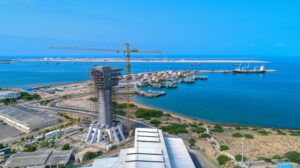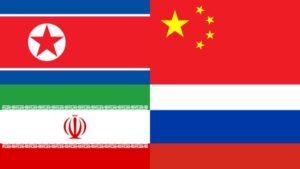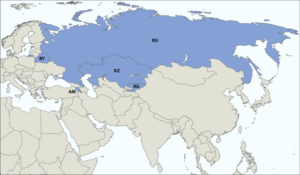As part of its proposed strategy to strengthen the Schengen area (the European Union’s free movement area), the European Commission (the EU’s executive arm) has urged countries in the group to stop blocking the three countries from joining the continent’s free travel area.
The European Commission on Wednesday released a set of proposals aimed at improving the functioning of the Schengen area for free movement, including a demand that EU member states speed up the admission of Romania, Bulgaria, Croatia and Cyprus.

The accession of EU members to Schengen is decided by the European Council and requires the unanimous approval of all 27 governments of the countries that are part of the European Union.
The Commission urged the European Council to “decide to lift controls in Bulgaria, Romania and Croatia and integrate them into the Schengen area.”
Romania and Bulgaria joined the EU in 2007. Since then, they have been repeatedly banned from being part of the free travel area. The veto came from countries like France and the Netherlands, whose governments cited the shortcomings of the two youngest members in fighting corruption and enforcing the rule of law.
Despite joining the EU much later, in 2013, Croatia is closer to being accepted into the continent’s free movement club, as its progress in meeting the membership criteria has been recognized by EU members and European authorities.
What is the Schengen area?
The Schengen Agreement is a treaty signed in 1985 that led to the creation of Europe’s Schengen Area, in which internal border controls between most European Union member countries were largely abolished.
The treaty proposed measures aimed at gradually abolishing controls at the signatories’ common borders, including low-speed vehicle checks that allowed vehicles to cross borders without stopping, allowing residents in border areas the freedom to cross borders outside fixed checkpoints, and harmonizing visa policies.
Today, almost all 27 members of the European Union except Romania, Bulgaria, Croatia, Cyprus, and Ireland are part of the Schengen area. In addition to the EU members, other non-EU countries such as Norway, Switzerland, Iceland, San Marino, Andorra, and Liechtenstein are also part of the European free movement area.
Why is the Schengen area important?
The Schengen area is one of the main components of one of the fundamental pillars of the European Union: the European Common Market, which aims at the free movement of people, products, services, and capital between the member states of the Union.
As more EU member states join the Schengen agreement, the closer the union gets to truly having a common market as in other federations, such as Brazil or the United States.
What are the possible consequences of more countries joining the Schengen area?
- The European Union gets stronger
- Doing business in the European Union becomes less bureaucratic and easier
- Traveling in the European Union becomes easier because there will be less border control
However, for travelers like Brazilians, who can only stay a maximum of 3 months traveling within the Schengen area without a visa, they will have more countries to visit in the same 3 months. Before, they could visit Croatia without counting the days in the 3 free months. Now, in the near future, it will all be together.









Be First to Comment